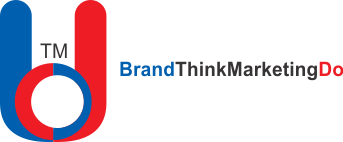“Finding Reliable Information in the Age of Abundant Data: Tips and Tools”
In the age of abundant information, finding good information can be challenging. Here are some tips to help you find reliable and high-quality information:
1. Start with credible sources: Look for sources that are known to be reliable, such as academic journals, government websites, and reputable news outlets. Avoid sources that are known for sensationalism, bias, or misinformation.
2. Check the author’s credentials: Look for information written by experts in their field. Check the author’s credentials and their affiliations to make sure they have the necessary expertise to write about the topic.
3. Verify the information: Check the information against other sources to make sure it’s accurate and up-to-date. Look for sources that cite their information and provide references to back up their claims.
4. Look for balanced viewpoints: Look for sources that present multiple viewpoints on a topic, rather than just one perspective. This can help you develop a more nuanced understanding of the issue.
5. Use fact-checking tools: There are several fact-checking tools available online that can help you verify information and identify misinformation.
6. Be critical: Finally, be critical of the information you find. Ask yourself whether the information makes sense, whether it’s consistent with other sources, and whether it’s supported by evidence. By being critical, you can avoid misinformation and make more informed decisions.
#informationoverload #reliableinformation #factchecking #crediblesources #informeddecisions #dataquality #researchskills #medialiteracy #criticalthinking #digitalcitizenship







